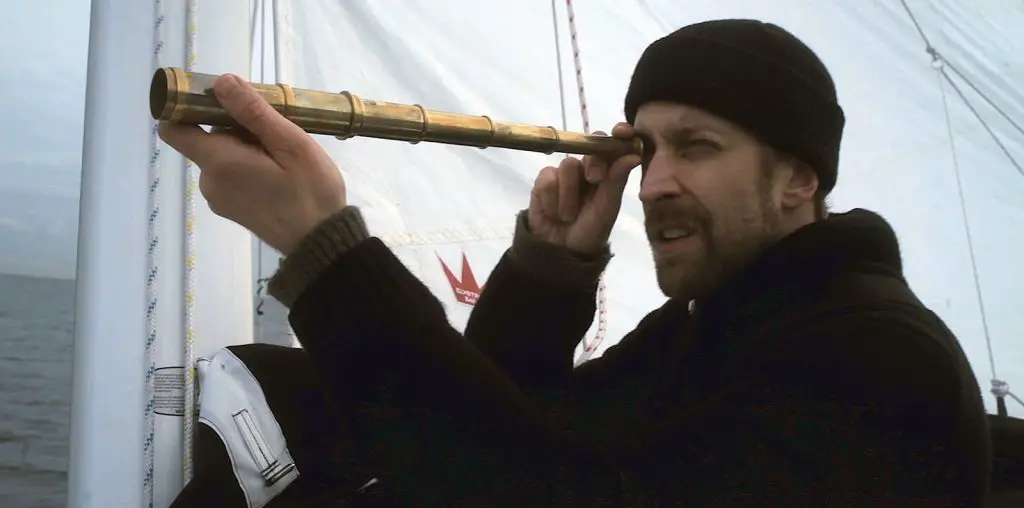
Any Adam Sandler fan will more than likely react to “Mr. Deeds” with the same amount of enthusiasm as the excitable recruited audience members at my screening. After all, this movie finds Sandler falling back on old tricks that worked for his public prior to the critical and commercial crash-and-burn that was Little Nicky. Longfellow Deeds (Sandler) is a Waterboy-like gentle soul with a “Happy Gilmore”-ish tendency to erupt into violence, which nonetheless proves to not be a crimp in his romantic relationship with a character played by a name-brand Hollywood starlet (in this case, Winona Ryder), à la The Wedding Singer.
While regression is an understandable regrouping move after a disaster such as Nicky, it also makes for especially tiresome viewing when the filmmakers don’t even try to offer something a little more fresh. The specifics may be different — small-town New Hampshire pizzeria owner/aspiring greeting card writer Deeds comes to the Big Apple after inheriting a $40 billion fortune — but there’s no shaking a feeling of treading water sameness at work. Sandler barely expends any energy trotting out the “average dude who shakes up stodgy high society” schtick, and director Steven Brill and scripter Tim Herlihy follow lazy suit. “Deeds” plays as if it were spat out by a “Make Your Own Adam Sandler Vehicle” computer program. Gimmicky celebrity cameo? Check — John McEnroe as himself, sending up his bad boy image. Oddly accented background character? Check — John Turturro as Deeds’ stealthy Spanish servant Emilio. Grotesque bodily gag? Check — Steve Buscemi as the aptly named Crazy Eyes; Deeds’ severely frostbitten right foot. Brutal slapstick jokes? Check–take your pick: Peter Gallagher’s scheming businessman getting hit in the head and other sensitive areas numerous times by tennis balls; Deeds pummelling a mugger; or Emilio taking numerous whacks at Deeds’ permanently frostbitten foot with a fireplace poker.
That broad mean streak in the humor mixes uneasily with the film’s overall straight-faced sincerity — after all, the film is a loose remake of the 1936 Frank Capra classic “Mr. Deeds Goes to Town.” (I’m not even going to go into the questionable notion of Sandler standing in for Gary Cooper, or the even more unfathomable idea of Brill — he who perpetrated Nicky — filling the shoes of Capra.) But Brill is completely lost when it comes to pulling off sincerity, much less attempt to seamlessly mix it with another sensibility. When the romance between Deeds and tabloid TV producer Babe Bennett (Ryder), who pretends to be an innocent small-town girl in order to get the big story, takes over in the film’s second half, it’s so unconvincing that one almost yearns for the tired jokes. Sandler and Ryder don’t ever display a single iota of chemistry between them, and Brill somehow manages to make the situation even worse. In an apparent attempt to compensate for the fizzled pairing, Brill ratchets up the would-be drama during the more serious moments. Bad call. Romantic comedies inevitably have their sober moments of crisis, but what the hell was Brill going after in giving Ryder a full-on breakdown scene where she leans against and then slowly slides down a door while in heaving sobs? Then again, that scene was probably the only big laugh-getter of the entire film.
Not that the lackluster love story will matter any to the Sandler faithful, who are there to see the star beat people up and work his regular joe mojo on snooty types; those viewers will certainly get their fill and then some. Anyone looking for anything more certainly shouldn’t be looking to “Mr. Deeds” to find it.
